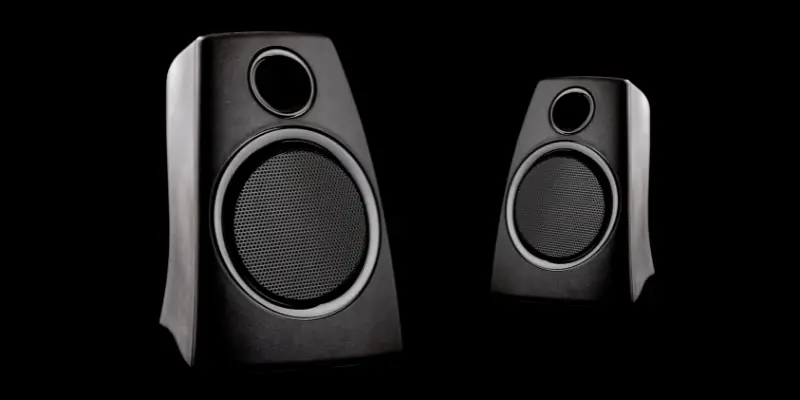Series or parallel speakers wiring? Many homeowners often find themselves at crossroads as to which one to choose when setting up the home audio system.
Both connections have their benefits and drawbacks and often some people argue that parallel speakers have better sound output whereas others consider series speakers to be the best option.
It is important to know about the power, load impedance, and sound output of both connections to make an informed decision.
Are Speakers Louder in Series or Parallel?
As a general rule, speakers are louder in parallel wiring. Speakers in parallel connections get the same voltage and power output, therefore, get the same volume level. Whereas, the series speakers fail to produce higher volume as the power and volume are divided between the speakers. Different paths decrease sounds in series like we tested 4 speakers connection with 2 Channel Amp.
A couple of reasons why the speakers in parallel connection are louder is because
Total Speakers Impedance
When speakers are wired in series like most of the conference call speakers, the speaker’s resistance or impedance (ohm) load is increased which decreases the flow of electric current, thus, resulting in the lower amp or stereo’s power output.
In a series connection, two 8 ohm speakers in the Series will have a 16 ohms load.
Power Output is Divided
Signals flow sequentially from one speaker to the next in series wiring. Moreover, the power output is divided between speakers, making them less efficient and dropping the sound quality.
For louder sound quality, the speakers should have a parallel connection. Here’s why you should connect speakers in parallel wiring.

Loud Sound Quality
Sound is definitely louder in parallel connection as the signals flow between all connected speakers at once.
This connection gets more power and volume, so the listener gets the best and louder audio from each speaker. Parallel speakers are efficient with better sound quality, offering value for money.
Reduced Impedance
In a parallel connection, speakers are tolerant of impedance mismatches and resistance faced with series wiring.
For instance, two 8-ohm speakers in parallel connection will have a 4-ohm load. Reduced resistance and increased current flow result in louder bass.
Functional
This advanced setup has multiple advantages over series setup as it is easier to operate and configure.
This functional connection keeps working and producing sound, even if one of the speakers stops working or loses connection.
What Sounds Better, Series or Popular?
In nearly all circumstances, parallel speakers produce louder audio and maintain their sound quality over time.
Speakers with series wiring are not as efficient as parallel-connected speakers and often produce faint and odd sounds.
It is not quite possible to get high-quality audio from series speakers, even if you add multiple speakers, the addition of more speakers results in higher impedance and lower acoustic output. To make the series connection a bit successful, make sure that the total impedance does not exceed 16 ohms.
However, there is an exception to this as connecting some specific types of speakers in series would not result in a drop in sound quality.
Is it Better to Connect Speakers in Series or Parallel?
Generally, parallel speakers work better than series speakers, in most cases. Parallel connected speakers sound better and louder because of the reduced resistance, increased current output, and flow of signals at once.
On the contrary, the series speakers have increased impedance, decreased electric current flow, and lower audio output.
The wiring of parallel speakers can be a bit complex, however, even if one speaker fails, the others would not stop functioning.
Conclusion
Eventually, it is your decision to go for series or parallel wiring as both connections have their pros and cons. In most cases, parallel speakers will be better and louder with halved impedance and equal power distribution.

